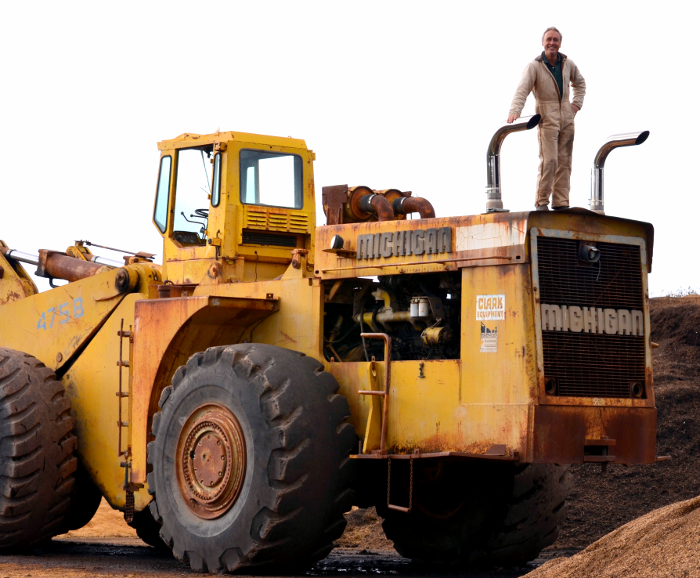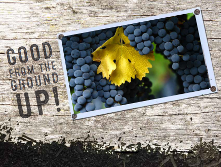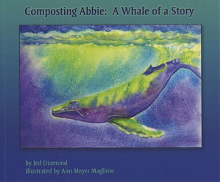Martin Mileck: A Man on a Mission

More than thirty years ago, it occurred to me that the way our waste materials were being handled was not only wrong, but extremely wasteful. Burying valuable organic matter in landfills while manufacturing and using chemical fertilizer to grow crops makes no sense. Not only are we creating environmental hazards – landfills are toxic, polluting both the air and water, but we expend resources and money to bury these valuable materials. Meanwhile more resources are expended and ecosystems destroyed to mine and manufacture replacements. In my mind, this system makes no sense and is not sustainable. The organic materials that are currently thrown out comprise more than half the waste stream. While these organic materials may be difficult to handle, their value is immense. In fact, organic materials, originating from plants, are essentially collections of plant nutrients, also known as fertilizer. Current conventional thinking has us committing these organic materials to the landfill, but I envisioned a better way of doing things.
I recognized that these valuable organic materials could be blended and composted to produce the best and most complete fertilizer that exists. By composting these organic wastes which range from food and wood materials to dead animals and yard trimmings, and then selling the resultant compost to farmers, I recognized that disposal costs could be reduced while at the same time providing farmers with a better and less expensive fertilizing option to conventional chemicals. So, I set about doing what made sense to me.
This endeavor would become my career. Time has continued to reinforce my conviction that I am doing the right thing. Composting the blue whale was just one step along the way, albeit an important one, as it presented a high profile opportunity to demonstrate how organic waste can and should be managed and that almost anything can be composted – no matter how big and stinky!
I am glad to see that during the past thirty years society as a whole has become more aware of what was so obvious to me, but change is proving difficult. People naturally resist change and the solid waste industry is very reluctant to relinquish control of the resource that is our waste stream to those who can put it to its best and highest use.
 See Cold Creek's comprehensive Product Catalog for details on our products and their benefits.
See Cold Creek's comprehensive Product Catalog for details on our products and their benefits.
 Cold Creek Compost is proud to be featured in the children's book Composting Abbie, a tale of how a whale can be composted, and how a tragedy can be turned into an opportunity.
Cold Creek Compost is proud to be featured in the children's book Composting Abbie, a tale of how a whale can be composted, and how a tragedy can be turned into an opportunity.